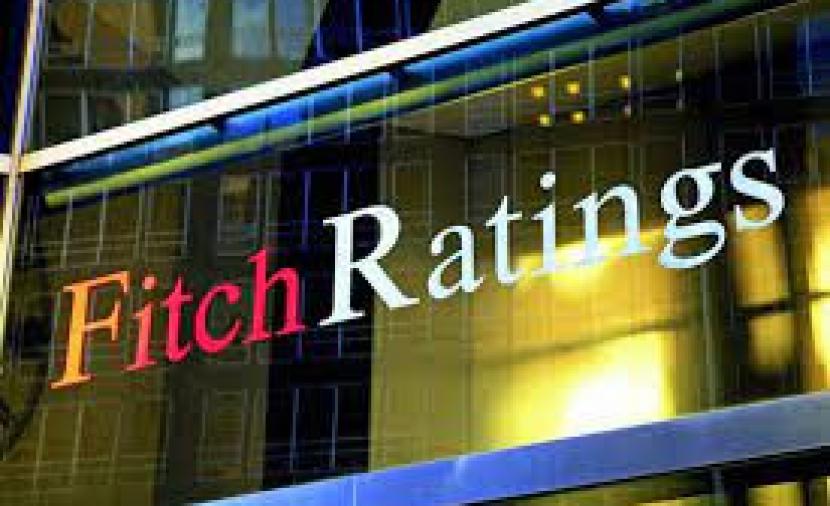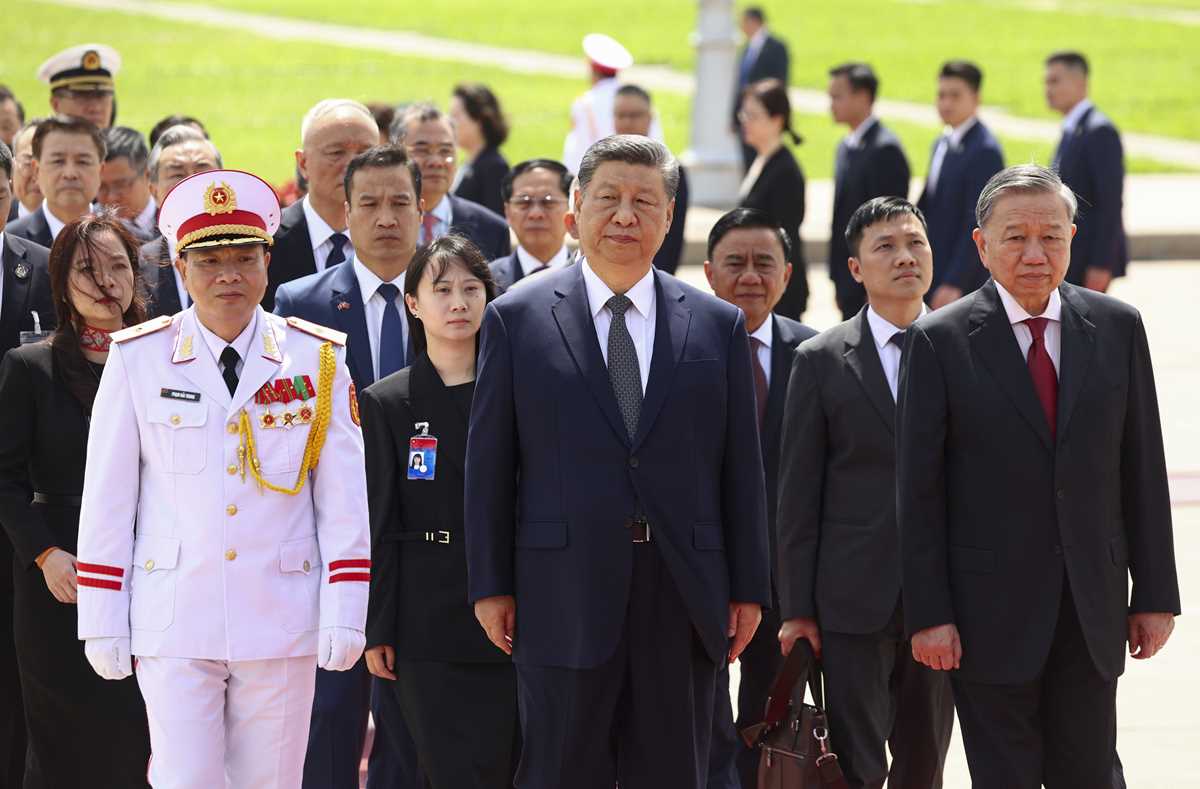Global Trade Sparks: Trump's Tariff Strategy
Donald Trump's tariff impositions have rippled through global markets, sparking negotiations and economic assessments worldwide. This article delves into these controversial policies and their global impact.
Published April 08, 2025 - 00:04am

Image recovered from lavoz.com.ar
The imposition of tariffs by former President Donald Trump has become a pivotal issue in the realm of international trade, with far-reaching implications for global economies. In a bold move, Trump declared a baseline tariff of 10% on imports from all countries, with higher rates for those nations holding trade surpluses with the United States. This controversial policy, dubbed reciprocal tariffs, aimed to reduce perceived trade imbalances, compelling nations with significant surpluses to the negotiating table.
The global response was swift and severe. Markets around the world faced significant downturns upon the announcement, with China promising retaliatory measures through similar tariffs. Trump's strategy, ostensibly designed to bring factories back to the US and protect domestic industries, has divided opinion among economists. Critics argue tariffs act as a tax on importers, often transferring additional costs to consumers.
Trump's tariffs have not been universally well-received, igniting uncertainty and sparking negotiations with over 50 nations seeking reduced trade barriers and clearer economic relations with the US. Despite Trump's inflexible stance on tariff policies, he asserted their long-term benefits, expressing that these measures are meant to correct longstanding trade imbalances that have disadvantaged the US. Trump maintained that these tariffs provide the US significant leverage to negotiate fairer trade deals with global partners.
Globally, many countries continue to grapple with the implications of these tariffs. European leaders, contemplating their next steps, coordinated a meeting to prepare a collective response to the US imposition. This is indicative of the broad impact of Trump's trade strategy, challenging established economic relationships and potentially inflaming tensions with major economic players.
The economic rationale behind the tariffs stems from Trump's campaign promises to leverage trade as a means to secure better deals, harnessing tariff revenues to bolster the US Treasury. However, this approach risks inflationary pressures, raising consumer prices and potentially inciting a backlash from US consumers accustomed to low-cost imports.
Furthermore, the economic unpredictability enacted by these tariffs echoes in financial markets, where valuations have seen significant fluctuations. Wall Street's recent declines reflect investor anxiety, exacerbated by the looming specter of inflation and its potential to curtail consumer spending.
Within the US, support for Trump's tariff measures manifests along political lines. Republican legislators have largely backed these efforts, viewing them as complementary to tax cuts beneficial to economic growth. Conversely, Democrats express concern regarding the long-term economic impact, cautioning against potential recessionary pressures.
As global discussions evolve, Trump's tactics have forced many international leaders to engage diplomatically, exemplifying a geopolitical chess game affecting allies and adversaries alike. While skeptics warn of imminent economic challenges, proponents anticipate a rebalancing of international trade dynamics, emboldened by Trump's philosophy of prioritizing American interests.
This dynamic intersection of trade policy, international diplomacy, and economic forecasts underscores the complexity and bearing of Trump's tariffs. As these strategies unfold, their broader implications remain a subject of intense scrutiny and debate, illustrating the intricate web of consequences tied to this ambitious economic maneuver.







